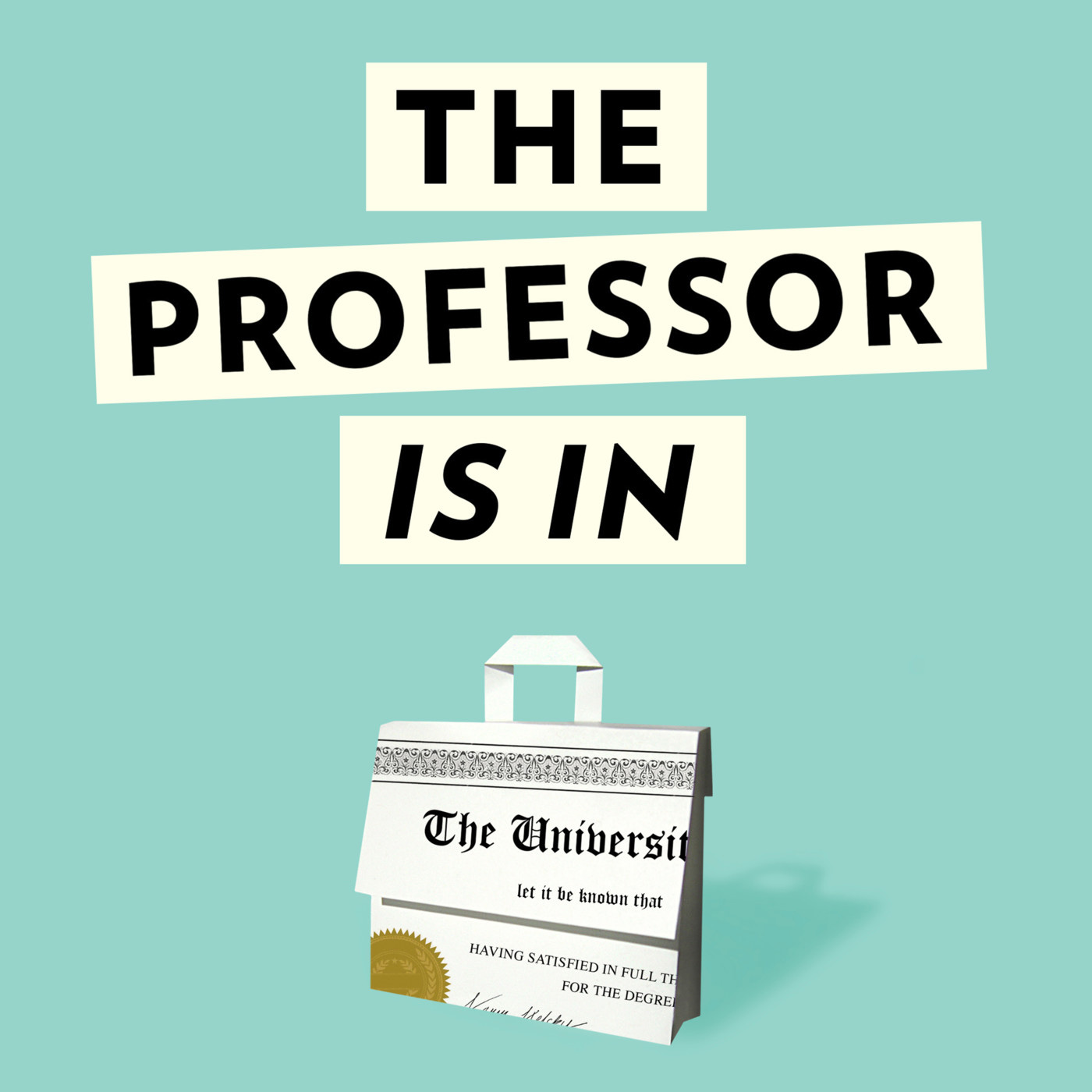 Karen and Kel are back from their summer hiatus, and they talk re-entry. Re-entry, that is, to a shitshow academic year in a pandemic that, in the US, has been mismanaged to a degree that almost defies belief. Academics are coming back to campuses that are for the most part totally unprepared and unwilling to deal with actual student and staff vulnerabilities to COVID-19, and confronting a level of lethal indifference from many administration and students both that has shocked even the most jaded among us (ie, Karen). Drawing from a re-entry model developed by an Australian academic, Karen and Kel talk about ways that administrators can improve re-entry processes, and ways that vulnerable and burnt out faculty and grad students can think about how best to proceed.
Karen and Kel are back from their summer hiatus, and they talk re-entry. Re-entry, that is, to a shitshow academic year in a pandemic that, in the US, has been mismanaged to a degree that almost defies belief. Academics are coming back to campuses that are for the most part totally unprepared and unwilling to deal with actual student and staff vulnerabilities to COVID-19, and confronting a level of lethal indifference from many administration and students both that has shocked even the most jaded among us (ie, Karen). Drawing from a re-entry model developed by an Australian academic, Karen and Kel talk about ways that administrators can improve re-entry processes, and ways that vulnerable and burnt out faculty and grad students can think about how best to proceed.
 [Become a subscribing member for just $3.99 a month and get access to our subscriber only goodies like free webinar recordings, AMAs, the chance to suggest topics, early access to the podcast video that we record in our house in Oregon, and — new from this week – live videos with Karen and Kel on Friday mornings, all on our dedicated podcast member page on Mighty Networks!
[Become a subscribing member for just $3.99 a month and get access to our subscriber only goodies like free webinar recordings, AMAs, the chance to suggest topics, early access to the podcast video that we record in our house in Oregon, and — new from this week – live videos with Karen and Kel on Friday mornings, all on our dedicated podcast member page on Mighty Networks!
Not ready to subscribe? Donate here to send along some support.

Karen and Kel talk about the things that make a problematic advisor: 1) poor boundaries; 2) excessive molding; 3) forgetting humanity, and 4) not...

Fight for your right to plan! Why? Because planning is taking control of your own vision for your career and your life. It’s especially...

Rejection is inevitable in the academic life, but that doesn’t make it any less painful. Karen and Kel talk about how to manage rejection...